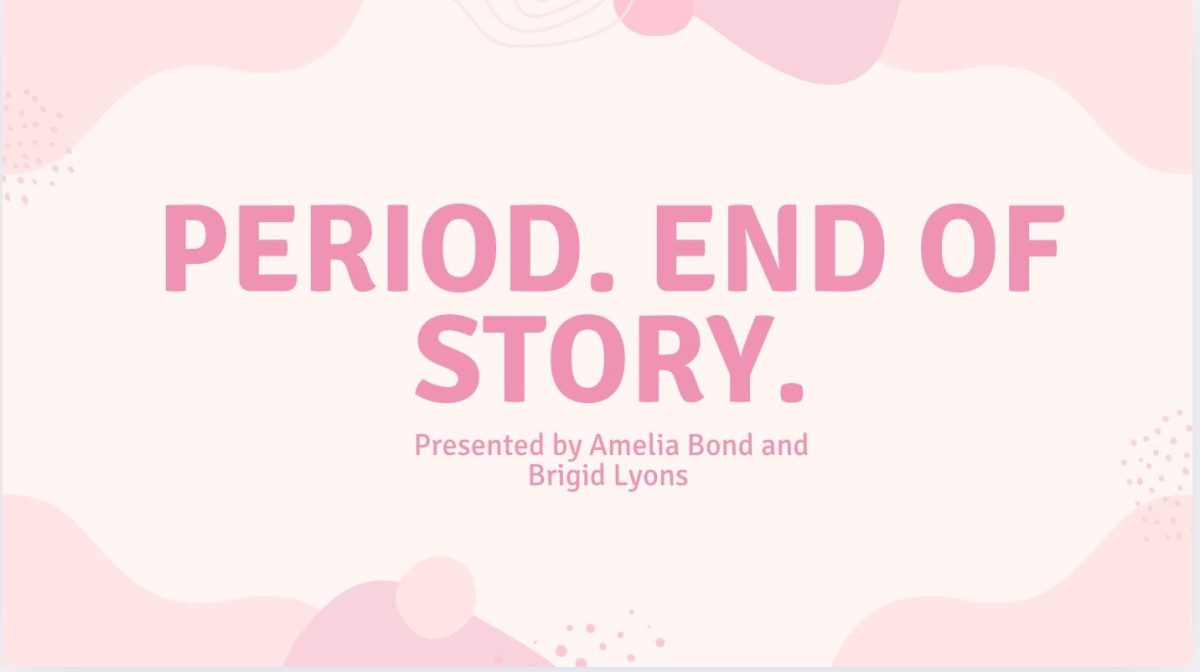
Sophia Gendron
Ms. Koza
AP Literature Pd./5
22 September 2023
Complicated Complexes
Swing Time is a great book for analytical readers and English teachers. If you’re reading a book to enjoy the story or the plot, this is not the book for you. We start off learning about a woman’s childhood and her best friend Tracey, and we quickly learn about the odd bond they shared. The story is told through the narrator’s never ending commentary, and we read a few lines of actual interaction through dialogue. Ever since her childhood, she was viewed differently because she was black; as with many black stories, she faced discrimination and biases. In the childhood stories she wrote with her best friend, African men were always the scary bad guys which only reinforced the racist connotation around black people. This line of thinking dates back to pieces of writing from a century ago, like Heart of Darkness, that label African people as “wild” and “inhuman”, and their land and where they live as a “monstrous” land. These are all colonial ideologies that have stuck around and still pollute society.
Zadie Smith ties together style and structure to convey her theme of broken identity, using a fragmented timeline and map to tell the narrator’s story. The story jumps from the narrator’s childhood to her days working with a pop star, from New York to London to an unnamed African village. Throughout it we learn about the narrator’s disconnect and troubles with her identity, and the pieced together timeline helps us piece together her story. In that way, the structure of the novel is reflecting the style as well as the plot line – as we get further into the story we understand more of what’s happening and why she is so lost, and the timeline gains more clarity as the narrator’s story gets more clarity. But in the beginning, and at times throughout the book, we, the readers, feel alienated because of the lack of context we have around a situation, kind of like jumping into a conversation halfway when you don’t know what they’re talking about, for example the friendship ending situation between Tracey and the narrator’s dad that is mentioned but never addressed until the end.
One of the major aspects of the novel that I haven’t addressed yet is the narrator’s name or the lack thereof. Smith chose to leave her main character and narrator without a name, much character, or personality. This reflects, once again, the major alienation the narrator feels from herself and society. Smith writes in long run on sentences and page long paragraphs, using the book’s structure to make the reader feel as lost as the narrator is. The narrator is supposed to be a voice through which we learn the story, but without a personality or a character at all the readers are left with a biased ramble of a narrative. While all of this makes the book interesting to dissect, it makes the book kind of tough to get through.
Swing Time is essentially about a lost woman going through some life experiences. She finds her way to Africa, and ironically as an African-English woman, is as naive there as the white pop star who brought her there. She is so disconnected because she views the place through the European eyes she was told to; as a place that needs saving and aid, and must become “civilized” the way European cities are. She comments on Africa to her guide asking what it’s like, only to receive a “I have not been…If we were flying to Europe and you wanted to know what France was like, would it help if I described Germany?” The narrator is this huge representation of all the post-colonial problems that still exist in today’s society, but also how loss of identity affects a person’s life and livelihood. It’s an interesting topic to analyze, almost psychoanalyze, but the style and structure themselves are hard to read.











